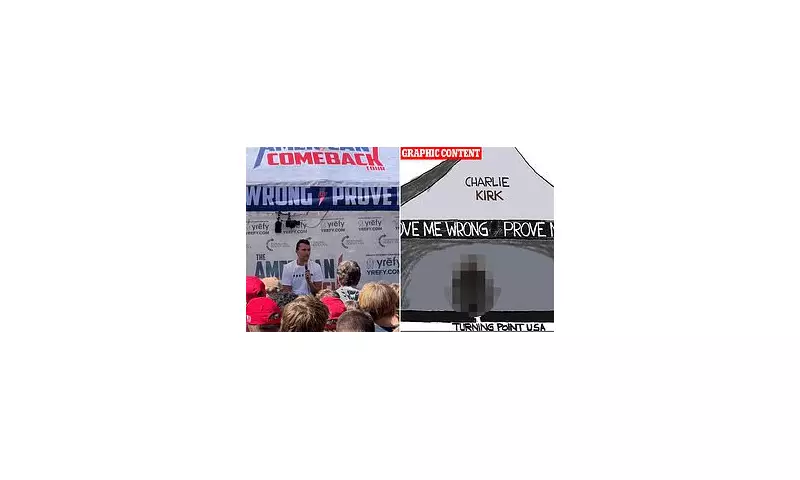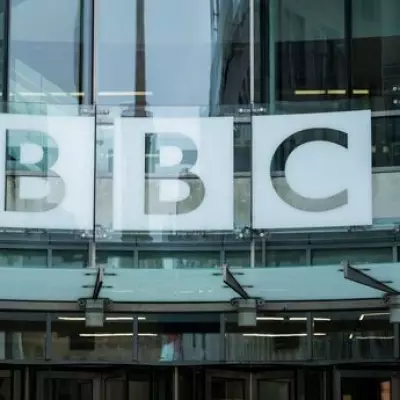
Long Island's premier publication, Newsday, has been compelled to issue a humiliating and comprehensive apology after a grotesque cartoon depiction of conservative commentator Charlie Kirk ignited a firestorm of criticism and accusations of blatant racism.
The controversial illustration, which appeared in the newspaper's Saturday edition, portrayed the Turning Point USA founder with exaggerated facial features, a portrayal that was immediately condemned across social media and political circles as a vicious antisemitic caricature reminiscent of Nazi-era propaganda.
In a statement released on Monday, Newsday's editorial executives expressed their 'deep and profound regret' for the cartoon's publication, acknowledging the image had caused 'significant pain and anger' among their readership and the wider community.
The publication confirmed the cartoonist responsible for the work is no longer contributing to the newspaper, marking a severe consequence for the grave editorial misjudgment.
Immediate Backlash and Public Outcry
The cartoon's publication triggered an immediate and furious response. Critics highlighted the illustration's disturbing resemblance to historical antisemitic imagery, with its grotesquely enlarged nose and distorted facial proportions. Commentators and public figures expressed shock that such imagery could pass editorial scrutiny at a major metropolitan newspaper in 2024.
Charlie Kirk himself addressed the controversy, stating the cartoon was 'not just an attack on me, but a throwback to a dark, hateful chapter of history'. The incident has sparked a broader conversation about the boundaries of political satire and the enduring responsibility of media outlets to avoid perpetuating harmful stereotypes.
Newspaper's Full Retraction and Internal Review
Facing mounting pressure, Newsday's apology was unequivocal. The newspaper stated, 'We understand the history of such imagery and the pain it causes. It was a severe error in judgment to publish it, and we are committed to learning from this mistake.'
The publication has pledged to conduct a thorough internal review of its editorial and cartoon approval processes to prevent a recurrence of such a damaging incident. This episode serves as a stark reminder of the powerful impact of visual media and the critical importance of ethical oversight in journalism.





